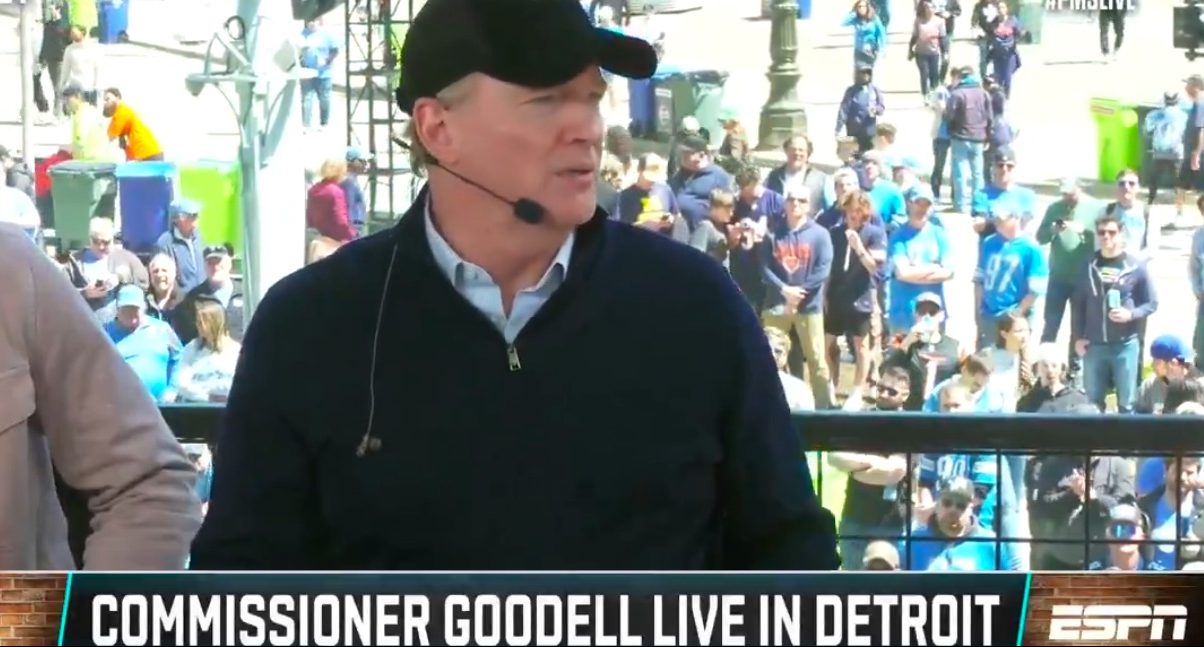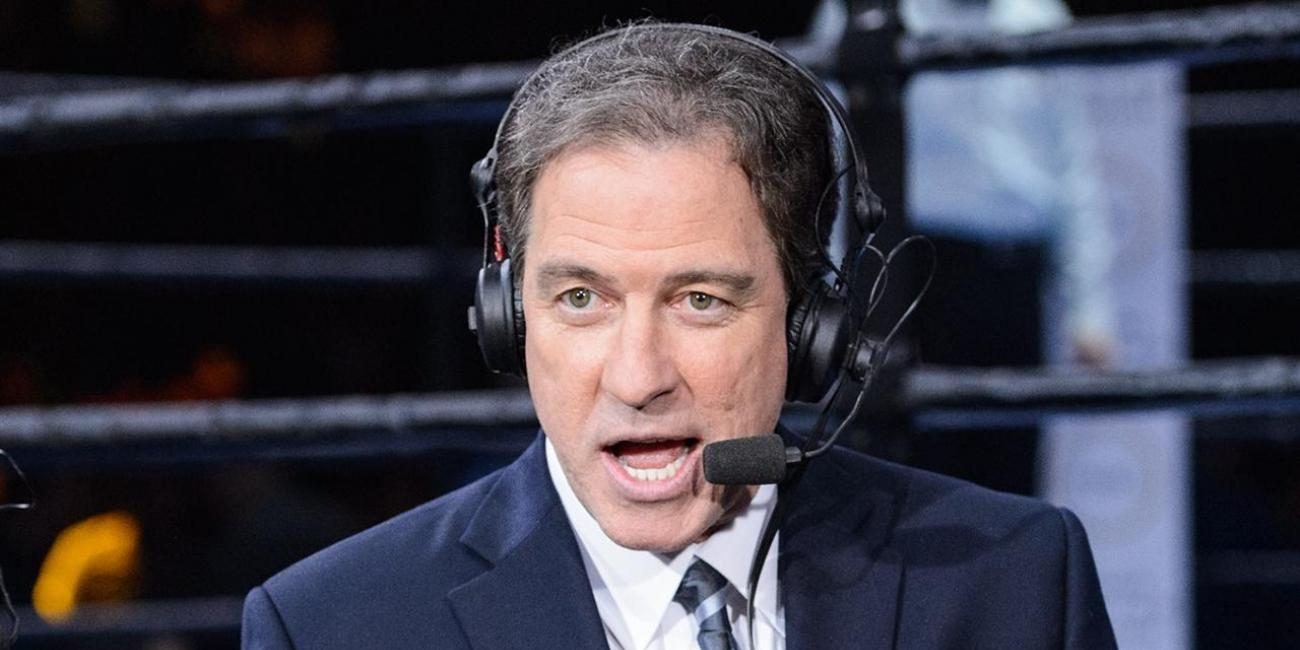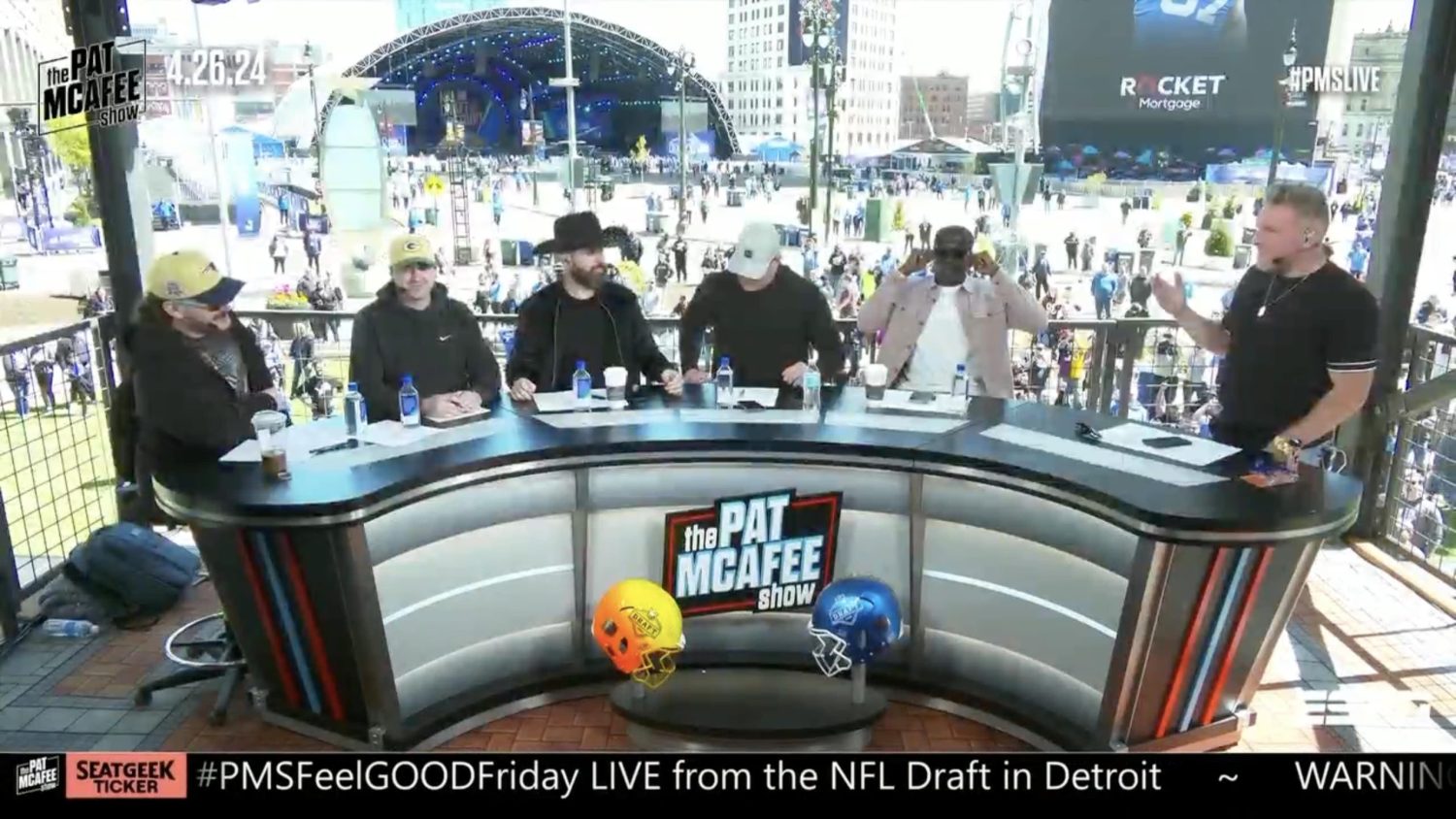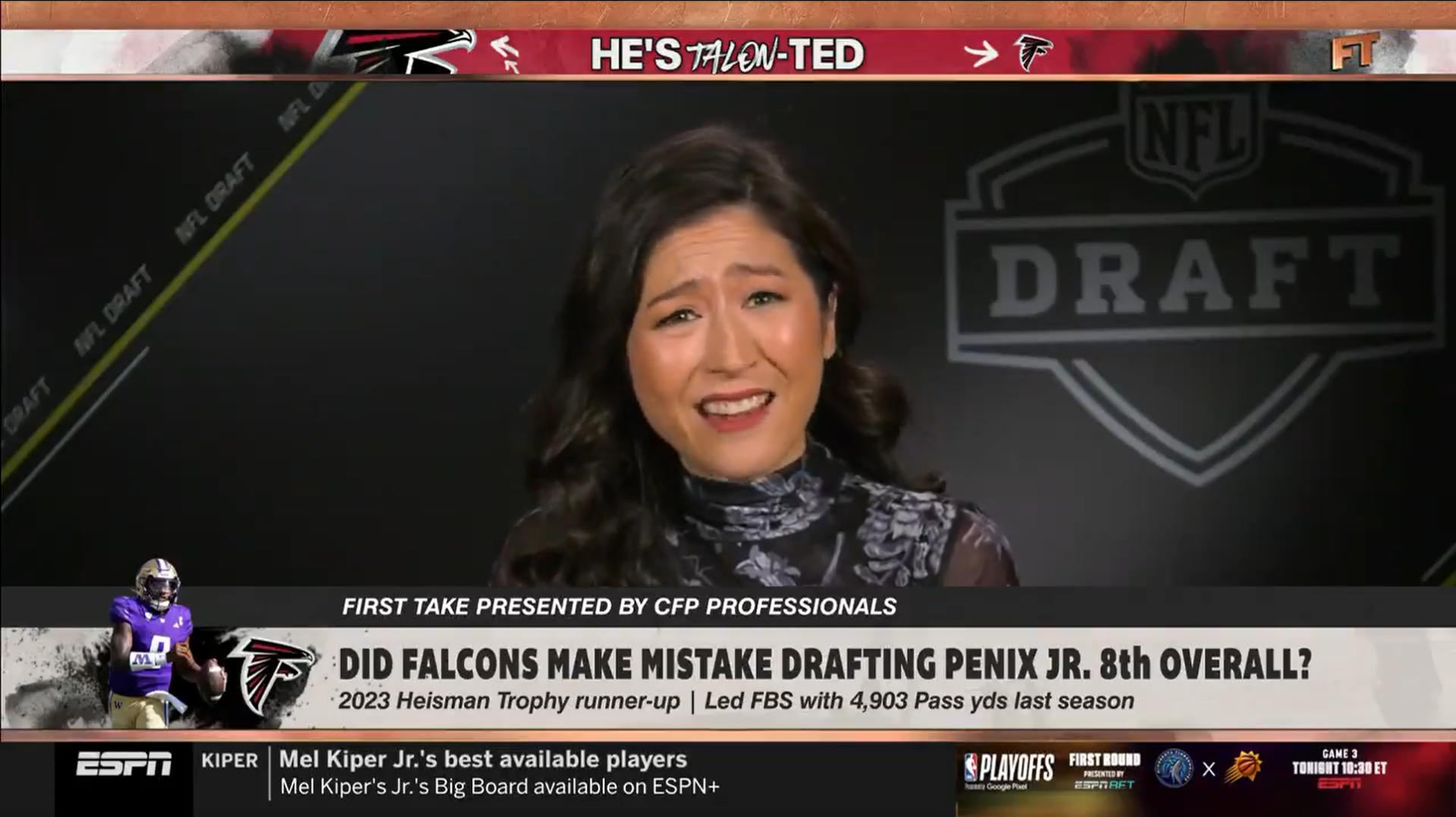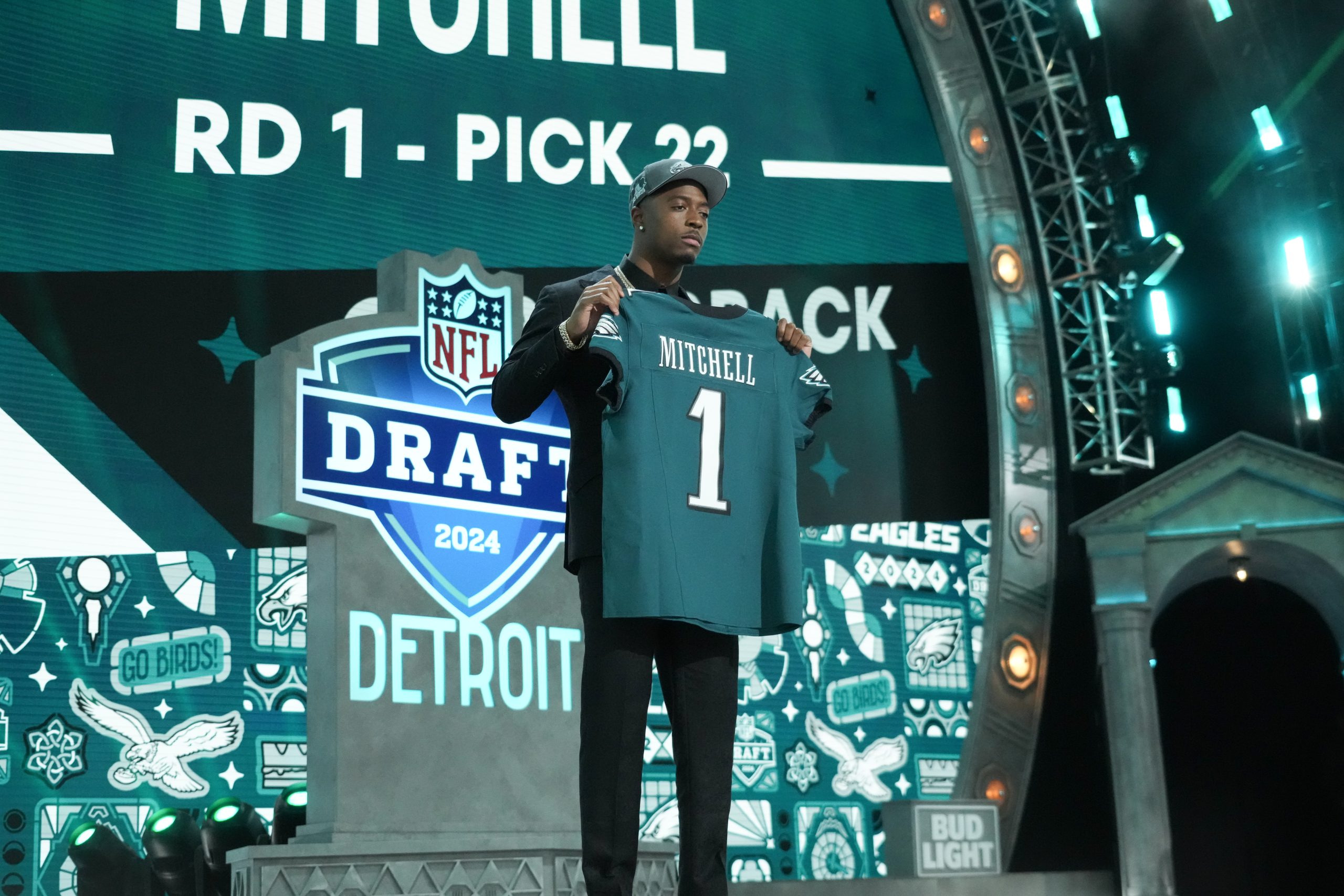Major League Baseball implemented new rules for the 2023 season. One in particular, the pitch clock, had been experimented with in the minor leagues leading up to what we’ve been witnessing during spring training.
Pitchers will have 15 seconds with the bases empty and 20 seconds with a runner on base to begin their motion toward the batter in hopes of creating a more exciting pace of the game.
While we have a pretty good idea of how the players and coaching staffs are handling it (mostly positive), the broadcasts that are new to the rules also have their own set of adjustments to make. It turns out, those adjustments aren’t as immense as one might think.
Robert Ford is entering his 22nd season covering professional baseball. He remains on the Houston Astros’ broadcast staff, serving as a play by play voice. When he heard the news of the clock, he embraced it right away.
“Like everybody else, I know that the rules were coming, knew about what was going on in the minor leagues,” Ford told Awful Announcing.
After reaching out to friends who had spent time in minor-league booths, they all said the same thing: They were all big fans.
“I honestly didn’t hear any negative feedback whatsoever.”
“I was looking forward to it because, I mean, I think you know, baseball has gotten to a point where the time between pitches – all that time was really just getting ridiculous,” Ford said about ‘dead air time,’ during broadcasts. “I was in favor of any sort of way to remedy that. I was glad. I was happy.”
https://youtu.be/oJ6q_0qaU2g
Being in radio, your objective is to keep the listener up to date on what’s going on – paint a picture, if you will. Storytelling is an imperative part of the art that goes into it. Ford says that won’t be taken away.
“I want a better product,” he said. “Because I think baseball’s playing the long game here. This isn’t about, Oh – all of a sudden, all of Gen Z’s are going to show up to the ballpark. No, that’s not what this is about. This is about the sustainability of baseball as a major sport. The idea that if you have less dead time, fewer people are going to be turned off by your game – then more people are going to say, ‘Hey, this is something that seems interesting.’”
Dani Wexelman’s broadcast resume speaks for itself. While it’s robust and impressive, it’s also versatile. In addition to being heard on various collegiate softball broadcasts, she’s spent time as an analyst with Perfect Game USA. Additionally, she’s a host on MLB Network Radio on Sirius XM.
“Anytime you’re going to put a clock or a restriction on a game, that’s never had a restriction – and what makes baseball the most unique sport is that there isn’t a time limit – I think I was definitely nervous,” Wexelman told Awful Announcing. “As somebody who covers the game and as somebody who enjoys watching the game – on both sides – I have that perspective.”
Wexelman initially had some concerns the moment she found out about the pitch clock, but knew it was an adjustment that would be made.
“I was concerned about what that would do to a product if you’re rushing professional athletes, and asking them to change the routine they’ve created, they’ve been working on for their entire lives. And when I say that, I don’t mind words. These guys work on things from the age of 12.”
Perfect Game USA is an institute that recruits young baseball players and introduces them to scouts and coaches. Wexelman says the younger crowd could benefit from the clock as they’ll have more time to experiment after being introduced to it.
View this post on Instagram
While Wexelman hasn’t had a chance to be in a booth with the newly implemented rules, she’s had countless innings spent in a baseball and softball broadcast and remained optimistic about the future of what the league has brought us.
“I think you’re going to see a product that doesn’t steal away from the essence of the game, or the tradition of the game,” Wexelman said. “It’s just going to make you enjoy it even more and be excited about the next moment and not the next three innings.”
Former Oakland A’s pitcher turned broadcaster Dallas Braden has seen every aspect of the game. Whether he was in the middle of playing it or analyzing it, he knows the new changes are big ones.
His first thoughts:
“The game of baseball as you know it, has changed forever,” Braden said. “That’s because there’s now quite literally a clock involving the game, and is forcing the game, and there are actions that need to occur within a certain time limit. That was never the case before.”
Braden said as a broadcaster, he didn’t feel he would have that many adjustments in the booth, but it’ll add a certain exciting element to the game.
“I think it’s really just being more aware of the game and understanding that there’s now a flow and a pace to it,” Braden said. “And honestly, the clock is now something to pay attention to, because you’re watching guys learn how to manipulate the clock to their advantage, so that is now a game within a game – and it’s something for folks to pay attention to because it’s no longer the play clock like in the NFL or the shot clock in the NBA.”
“Those things aren’t necessarily used strategically per se, unless you’re up by a lot and you’re just running the clock out. What I mean is, in the heat of the moment, the play clock doesn’t become a thing in the NFL, where in the at-bat, like we’ve watched Max Scherzer try to apply, you make a hitter nervous that they have to be ready by a certain amount of time.”
As far as if the players will adjust accordingly, Braden isn’t worried about them one bit.
“These are elite athletes,” Braden said. “This is what they do. That’s what makes them so good at what they do is their ability to adjust at a high level and not necessarily need the reps that average Joes like you and I need.”
Baltimore Orioles broadcaster Melanie Newman had a different introduction to the pitch clock. She saw it years ago when they were experimenting in the Arizona Fall League back in 2014 and ’15. That’s typically where the experimental rules come about in their infancy as the perfect opportunity to fine-tune adjustments to see what works, and more importantly – what doesn’t.
Newman paints herself as a baseball purist, so while she was controlling the pitch clock in the beginning in the press box, she was doing so with a raised eyebrow.
“For me, it was like, ‘Don’t have a pitch clock, you always pitch to the batter,’” Newman said. “If it was the intentional walk, all that good stuff, I was good, but my brain also told me that this change was going to come and it was inevitable.”
Newman noticed a bit of a divide in who was embracing it, and those who were struggling with it. She said the younger guys adjusted quickly, while some of the Double-A and Triple-A regulars struggled. Wild pitches bouncing to the backstop increased. But the players adjusted by the end of the AFL season, however.
Newman’s approach to the broadcasts won’t alter too much, but she did say her time running the pitch clock helped her practice – that was prior to her time on air. Now, she is adjusted to the rhythm – something she and other announcers across baseball are adapting to.
View this post on Instagram
“We’re going to be flexing our multitasking muscles a little bit,” Newman said. “I think it’s about picking and choosing your spots, even more, to be able to tell if you’re really trying to get in-depth with a human piece to tell those stories. I know the days that I’m on the sidelines and not in the booth, it’s going to be another thing as well. I’ll just be hyper-vigilant of where the conversation is going, but also what’s going on in the game.”
Thank you for the pitch clock, @MLB. Only 2:15 for @tigers and @Phillies Spring Training game today. Enough time for two home runs, a 4-2 score, and this triple play! pic.twitter.com/7O7VrtK9qZ
— Andrew Hanson (@LanguageOlympic) February 25, 2023
As far as their messages for fans who might be apprehensive about the new changes:
Ford: “Just give it a chance. I think a lot of the people who are critical, they haven’t been to a game yet where they’ve seen it in action. We’re – what? A week and a half into spring training games? It’s such a small sample and obviously there are going to be difficulties early on as there is with any sort of adjustment and things that need to be figured out and tweaked. But I think the biggest thing is just give it a shot, be open to it.”
Wexelman: “Yeah, I think it’s going to take a little getting used to, so buckle up. But if you love the game, you’re not going to remember a time that existed without the pitch clock. You’re going to notice it may be a little weird at first because some weird things will happen. But just like everyone was apprehensive about bringing in the Universal DH to the National League and thinking that you were going to ruin the game, you don’t even remember the game with pitchers hitting. And that’s OK. The game’s allowed to evolve and change. The world is changing, we should be growing with it. I think that it’s going to be really exciting for fans who want to bring their family, fans who are diehard and love the game, your statheads who love the game, and you’re still going to see what we know and all love as baseball.”
Braden: “The adjustments being made do involve the little things that I think fans believe they’re going to miss out on that are being disrupted, like having to speed up the time in between pitches means – are they going to be able to check over with a runner, and strategy impact. All of that is now going to happen, just in a smaller window of time. I think on the whole, what you’re going to see is a combination of a quicker game, and a game that visually, and physically, looks like a game that you were used to seeing before.”
Newman: “The reality is, we’re trying to induce more action. That’s why the shift ban happened. We were at one point, minutes and minutes between action happening – meaning a ball is in play – something other than a walk or a strikeout – stuff that really doesn’t grab people’s attention. Now we’re at a point where it’s less than a minute in between action. I think that’s what people want to get back to at the end of the day. They want to have something that keeps them in their seats, and that’s what it’s delivering. You’re going to want to make sure that you have the mobile app, so that you can have your food and drinks delivered to you because you’re not going to want to miss an inning or two.”


